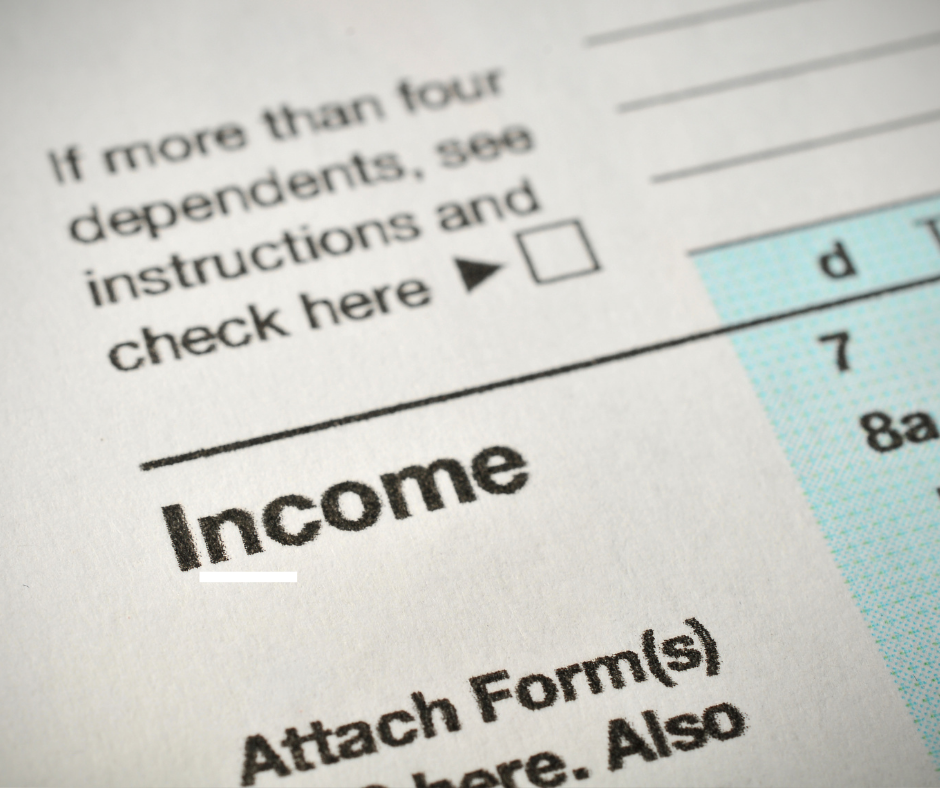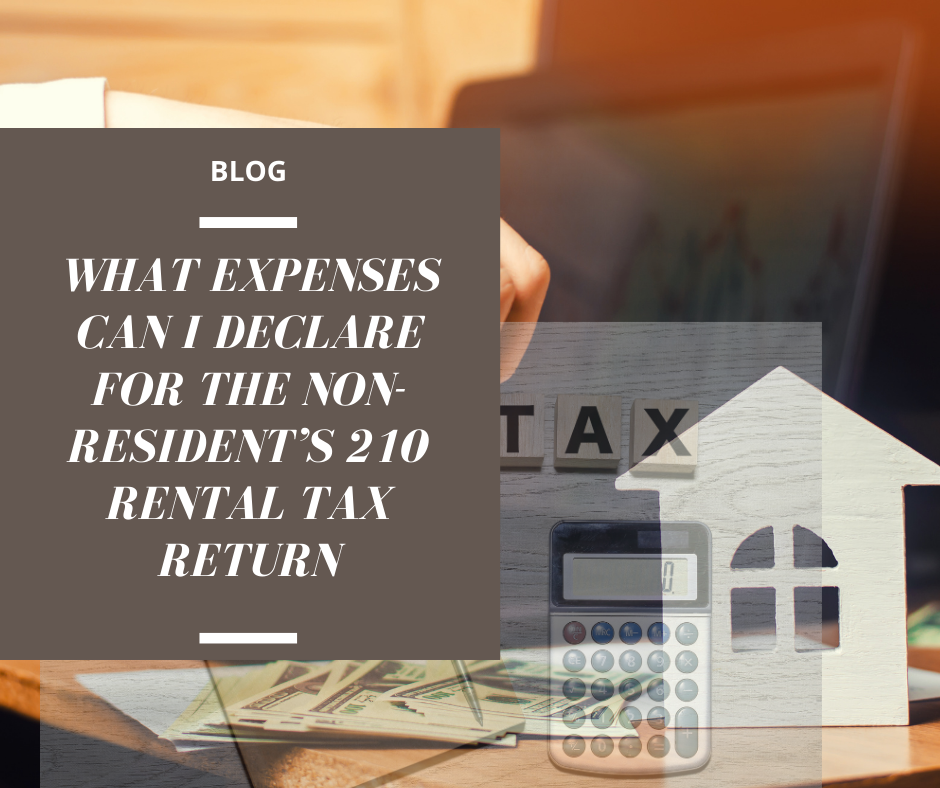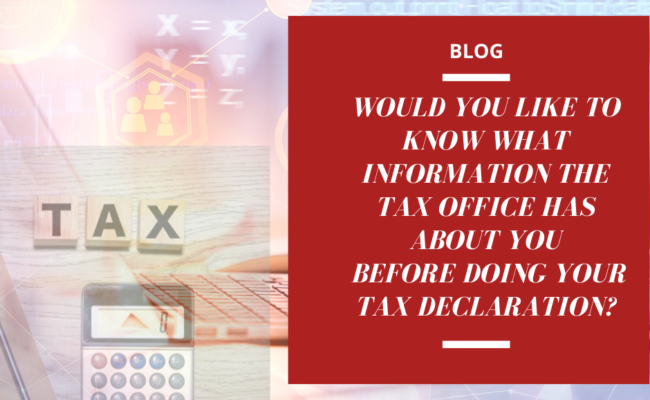WHAT EXPENSES CAN I DECLARE FOR THE NON-RESIDENT’S 210 RENTAL TAX RETURN
In this post, I explained, in a brief summary, exactly what the 210 tax return is.
One of the tax returns (declarations) that you must file if you are renting out your house, is a 3-monthly declaration, which declares the income earned.
As stated in the POST:
“FORM 210. WHEN YOU RENT OUT A HOUSE (FILED QUARTERLY).
When you rent out a property as a holiday home or even for a long term let, you will have the obligation to file a quarterly declaration, that is to say, declaring the rental corresponding to those three months, calculated by subtracting the legally deductible expenses from the income figure.
Therefore, it is presented QUARTERLY, normally it results in having to pay tax (obviously, it would be strange if the expenses exceeded the income).”

“To this result, a percentage must be applied that varies depending on whether you are a member of the EURPEAN UNION (19%) or NOT (24%).”
HOW IT IS CALCULATED
The procedure to calculate the tax is not a difficult one. It is simply, to first determine the income and of course then to subtract the expenses.
To this result, a percentage must be applied that varies depending on whether you are a member of the EUROPEAN UNION (19%) or NOT (24%).
BRITISH OWNERS PLEASE NOTE: In 2021 you will be charged at the higher tax rate of 24% and not at 19% as you have been charged up to now (2020 is included in the old rate of 19%)
Once the percentage is applied, the result is the quarterly payable tax levied on the rental income you have had.
Now, the key to the calculation is to know how to determine what expenses are deductible, in other words, what expenses will reduce the taxable income

WHAT EXPENSES ARE DEDUCTIBLE
You must bear in mind that the law does not issue a detailed list of the deductible expenses, it only states the following:
“All the expenses that are necessary to achieve a profit”
Therefore, we are dependent on the “INTERPRETATION OF THE LAW”.
PLEASE NOTE: Literally the Law on Non-Resident Tax does not allow citizens of NON-MEMBER countries of the European Union (this now includes the UK) to deduct any expenses.
However, there are many resolutions of Spanish Courts and European Union Institutions that have deemed this rule as “DISCRIMINATION”, in addition to going against European Union rules that prohibit any limitation on the free movement of capital not only between member states, but also between member states and third countries
MY ADVICE: Based on all this, and as similarly happened with the Inheritance Tax, my advice is YES DEDUCT the expenses. If you receive a claim from the HACIENDA regarding this, you will undoubtedly have to defend yourself, with a good chance of winning that “war”.
THAT IS WHY, IN THE CASE OF DOUBT, AND AS LONG AS AN EXPENSE CAN BE JUSTIFIED IN A LOGICAL WAY, I WOULD INCLUDE IT.
Interpreting the law differently IS NOT PUNISHABLE.
In all cases, if the tax return is not accepted by the Hacienda, (tax office) it does not mean that you will be fined if your interpretation of the law is perfectly reasonable.
After making this general statement, here are some examples of expenses that can be included:
- The interest on a loan taken out to purchase the property or a loan to carry out improvements on the property.
- Costs to repair and maintain the property. And in this section, you can include:
(Extract taken directly from the law)
“The repairs carried out regularly in order to maintain the normal use of the property, such as paint, plastering or reparation of the installations.
The replacement of elements, such as the heating system, a lift, security doors etc.
The cost of extending or improving the property are not classed as deductibles.”
THE FOLLOWING CAN ALSO BE DEDUCTED but prorated depending on the number of days the property has been rented
-Taxes, rates and LOCAL surcharges (for example, fees paid to the Town Hall, the Property Tax Bill (rates) Rubbish Collection Bill, etc).
TAKE NOTE, penalties/fines/surcharges levied are not deductibles either, including those levied by the State as opposed to the local government.
-Personal third-party services: Administration, surveillance, porter services or similar; the costs relating to the drawing up of a lease and legal defence costs.
-Insurance premiums.
-The amounts relating to services or supplies.
-The amounts allocated to the depreciation of the property (this would need a complete ‘post’ to explain it to you)
WHAT HAPPENS WITH THE COSTS THAT ARE PAID ONLY ONCE A YEAR?
As mentioned above the law states that when the property is not rented out for the full year, the costs have to be prorated, that is to say, the calculation is based on the days that you had rentals in the property.
The following is an easily compressible example:
COST OF THE INSURANCE POLICY ON THE PROPERTY: 400€
DAYS RENTED OUT: 183 DAYS (HALF OF THE YEAR)
DEDUCTIBLE FIGURE: 200€ (EXACTLY HALF)
The only exceptions would be those of advertising the property, those arising from the drawing up of the rental contract and those of legal defence BUT TAKE NOTE: only if they are directed exclusively to obtaining future rental earnings and not for the owner’s pleasurable enjoyment, even temporary enjoyment, of the property.
WHAT HAPPENS WHEN THE EXPENSES ARE HIGHER THAN THE INCOME?
The law states that in one year you can only deduct expenses that are not higher than the income.
This means, that if the expenses exceed the income that has been earned, the law allows us to deduct those expenses over the following four years, tax will not be payable until the figures balance out again.
This means that in the following years, the corresponding declarations have to be filed, even though the result is ZERO to pay.
PLEASE NOTE: WEBSITES HAVE THE OBLIGATION TO COMMUNICATE DATA TO THE SPANISH TAX OFFICE
You should know that the websites dedicated to advertising and renting seasonal homes such as BOOKING, AIRBNB, etc,.., have the legal obligation to communicate to the TAX OFFICE/HACIENDA the total income that the homeowner receives every year.
Therefore, BEWARE: if your declared income does not coincide with or exceeds the figure that the HACIENDA has, without a doubt they will send you a letter to clarify the figures.
The Spanish law that approved to levy this obligation on the websites is being reviewed by the EUROPEAN COMMISSION because there is a possibility that it goes against the European regulations. But, at the moment it is in force and therefore is applicable.
WHAT HAPPENS TO THE INCOME RECEIVED IN A FOREIGN BANK ACCOUNT?
Many clients ask us, what happens with regard to the rental income that is received in foreign bank accounts outside of Spain.
Well, the answer is clear: all income that is received from an asset in Spain has to be declared here, even though the payments are received in another country.
Now, the question that I put on the table is: Does Spain have knowledge about, or information on, the transfers, income or movements in account in other countries?
At the moment, the answer is NO. So, there you have it, you can come to your own conclusions.










